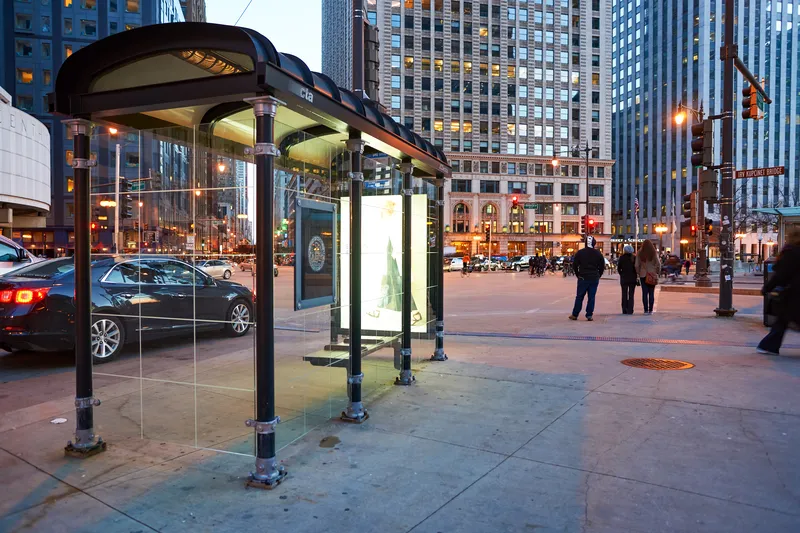NEC Corporation is providing a new operational control software module as part of its Cloud City Operations Centre to enable the city of Santander in Spain to automate the management of city infrastructure in real-time to minimise resource usage and reduce operational costs.
May 7, 2014
Read time: 2 mins
The new plug-in to the existing smart city platform that NEC previously supplied will help Smart Santander track how water, waste, lighting, power, roads and other resources are used in response to real-time environmental conditions. This will help the city to minimise wastage, increase the timeliness of communications with local residents and free up staff to focus on longer-term strategic planning.
Over the last three years Smart Santander has been transformed into a city-scale research facility that is being used to test machine to machine (M2M) sensors and smart public services. Over 20,000 sensors and cameras have been deployed to monitor and manage traffic congestion, parking and public transport availability, street lighting and pollution levels, refuse collection services and park irrigation systems and share this information with the public via a smartphone app and website. The project also tracks a wide range of environmental parameters, including temperature, pollen count, noise, carbon monoxide and ambient light levels.
In the first phase of the project, NEC developed the smart city visualisation platform and multi-touch display screens in the Santander control demo centre. Using the multi-touch interface in the control centre, Santander’s staff can quickly cross-reference key data sets, such as carbon monoxide levels with traffic, temperature, and issue alerts when air quality thresholds are exceeded. The new control module will automate this process, helping to reduce the workload for the city planners.







